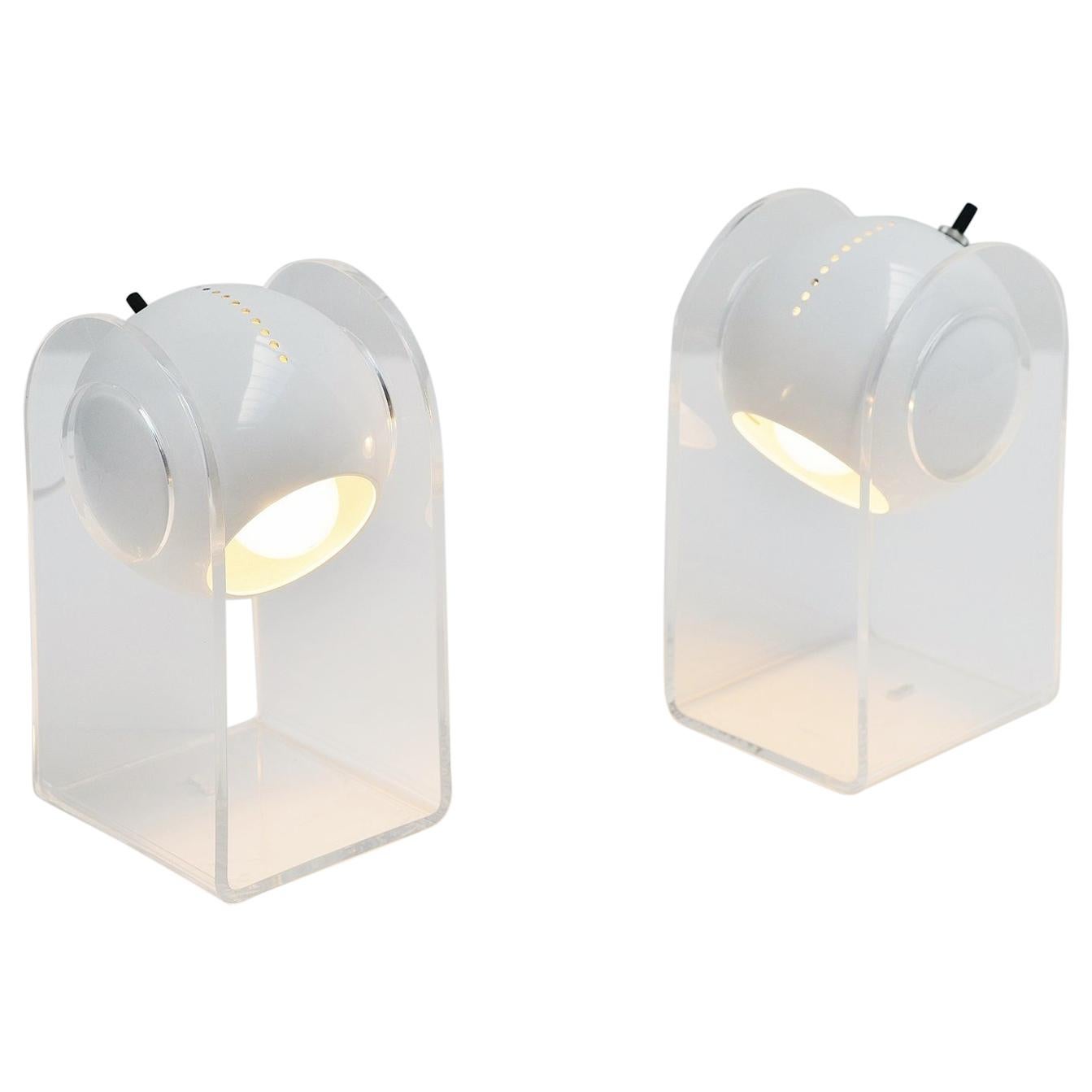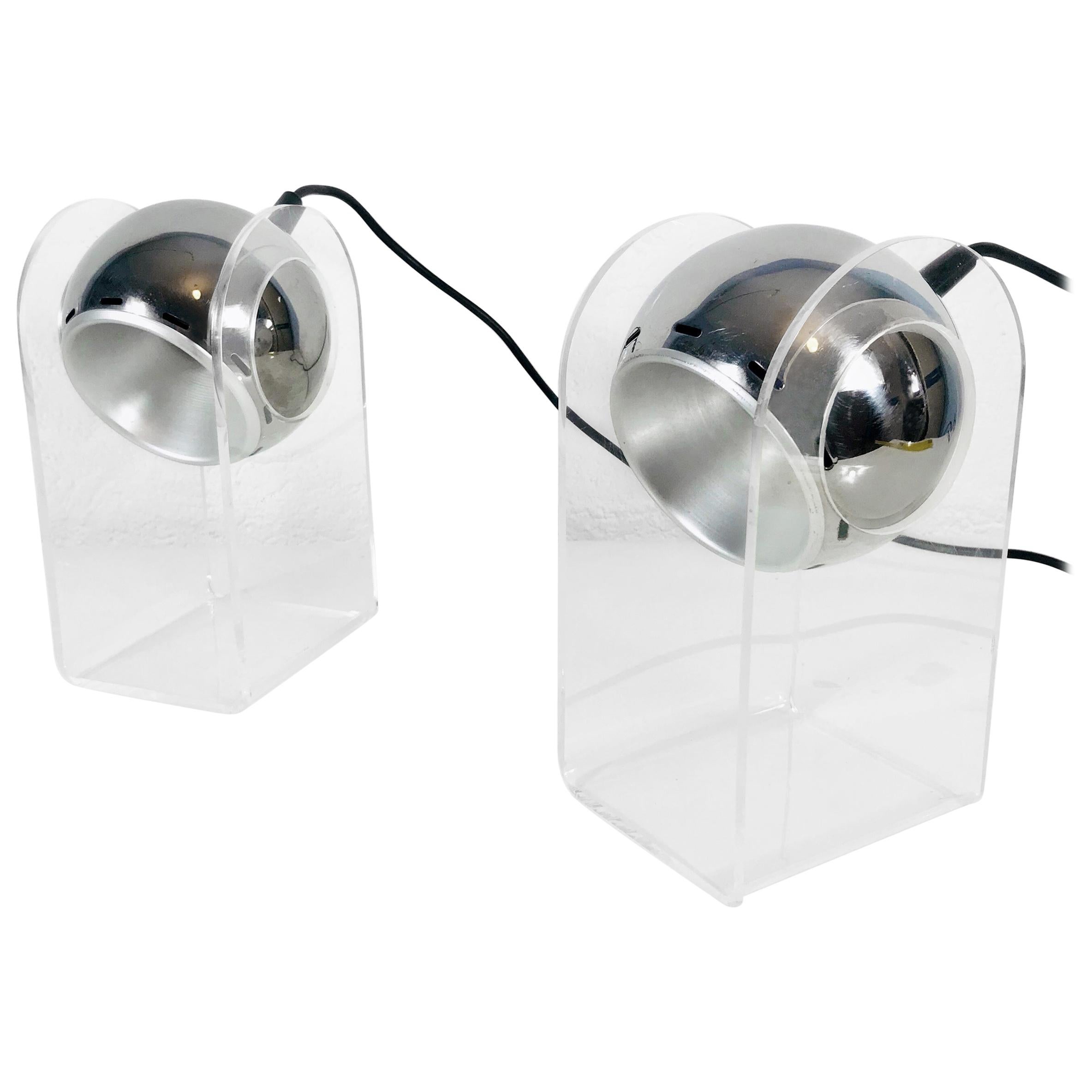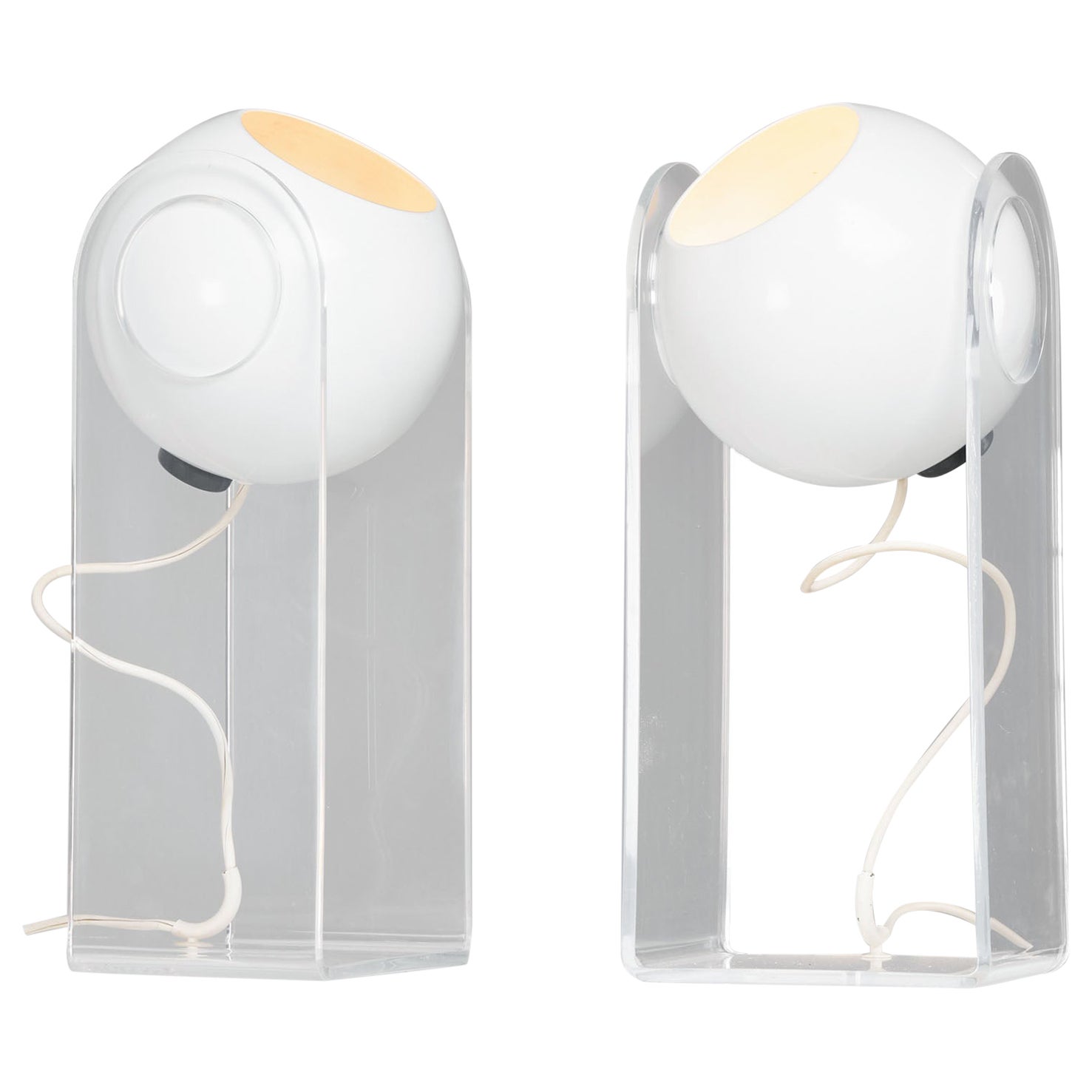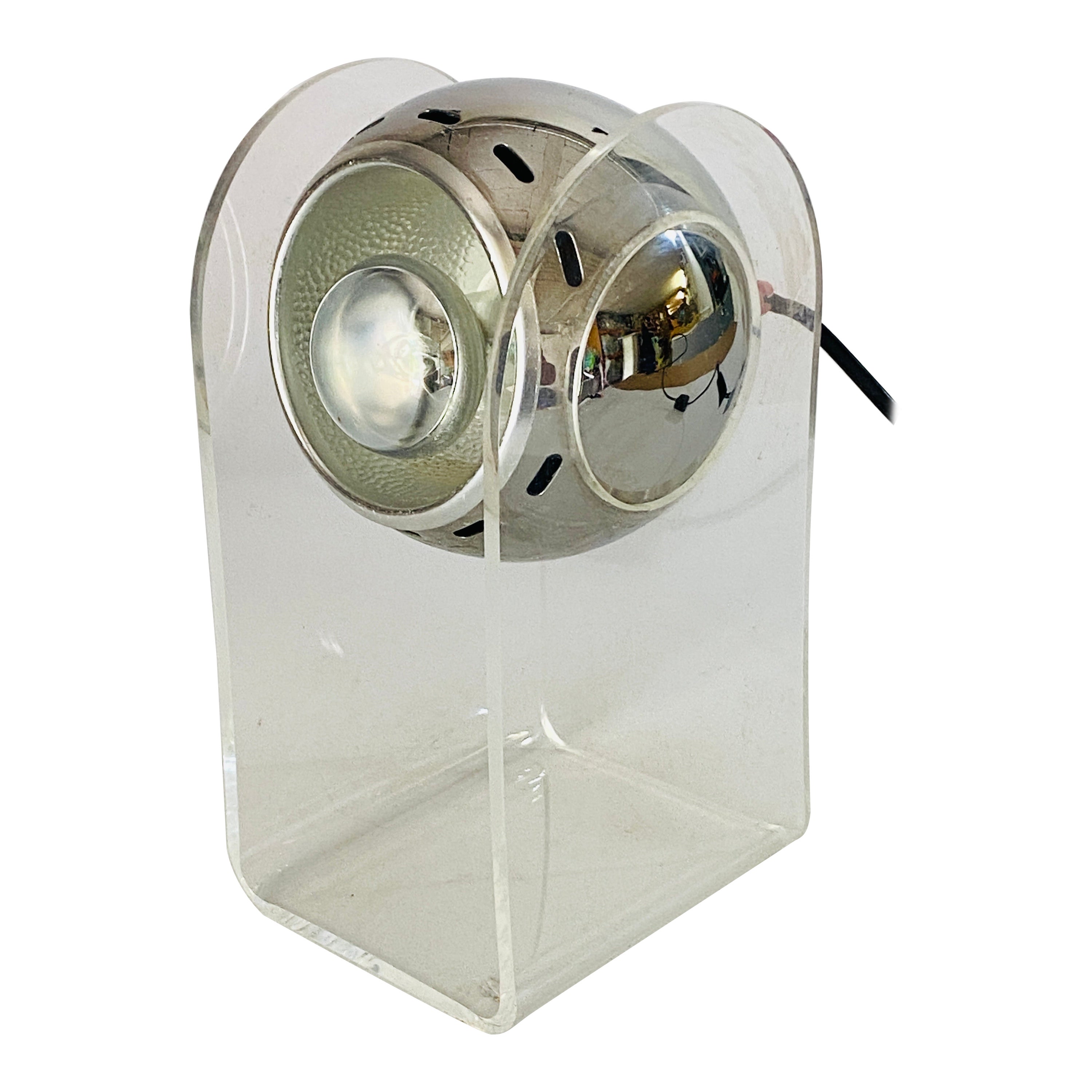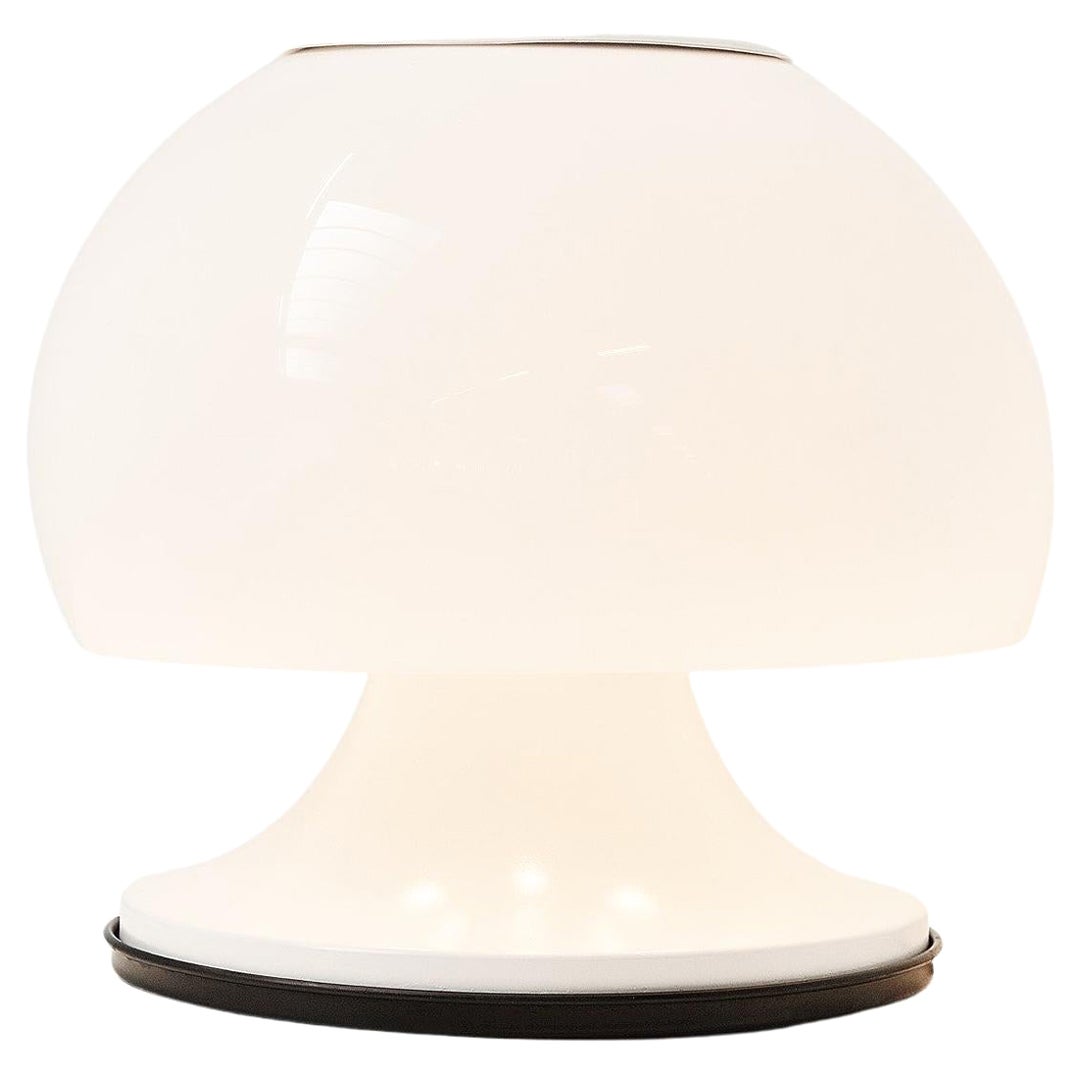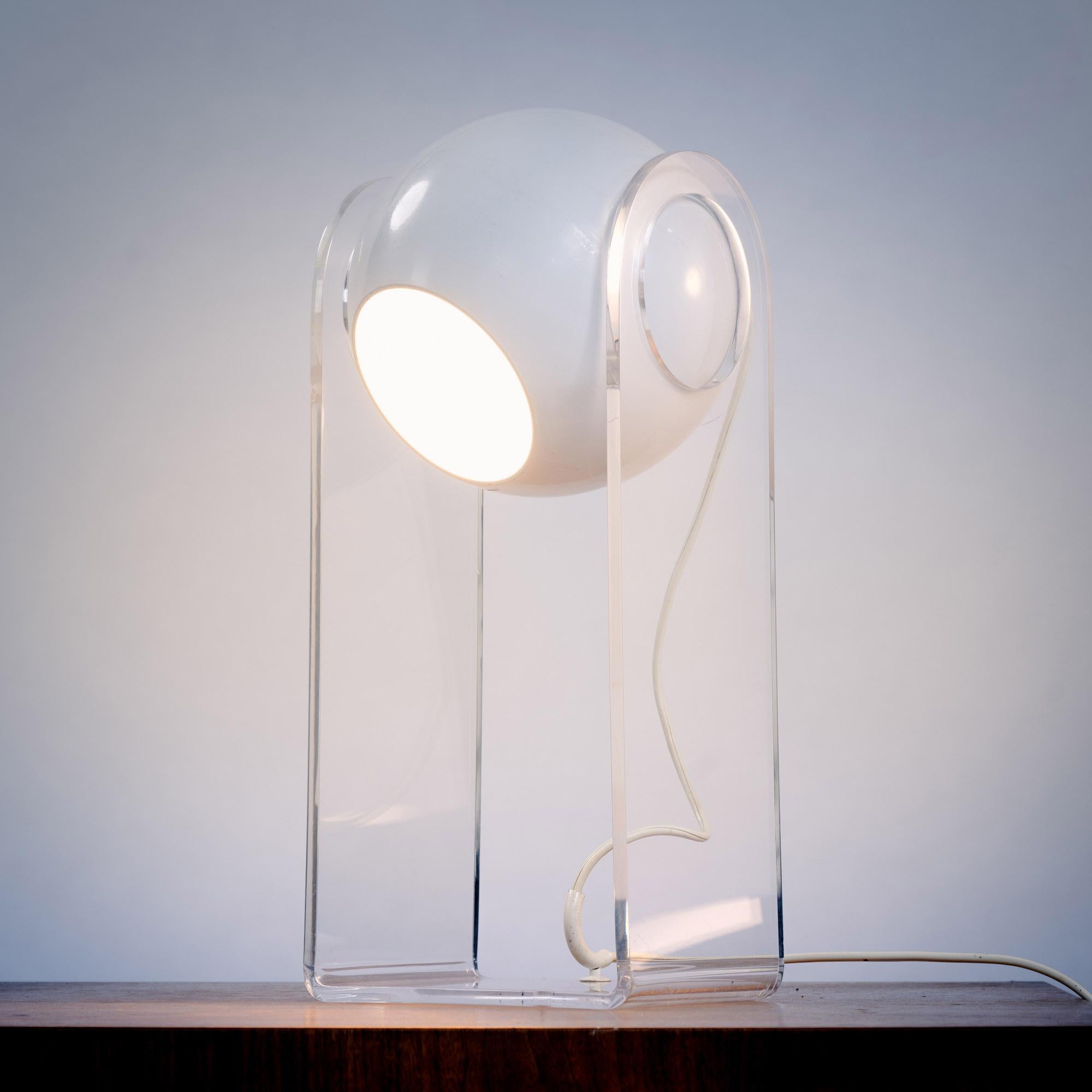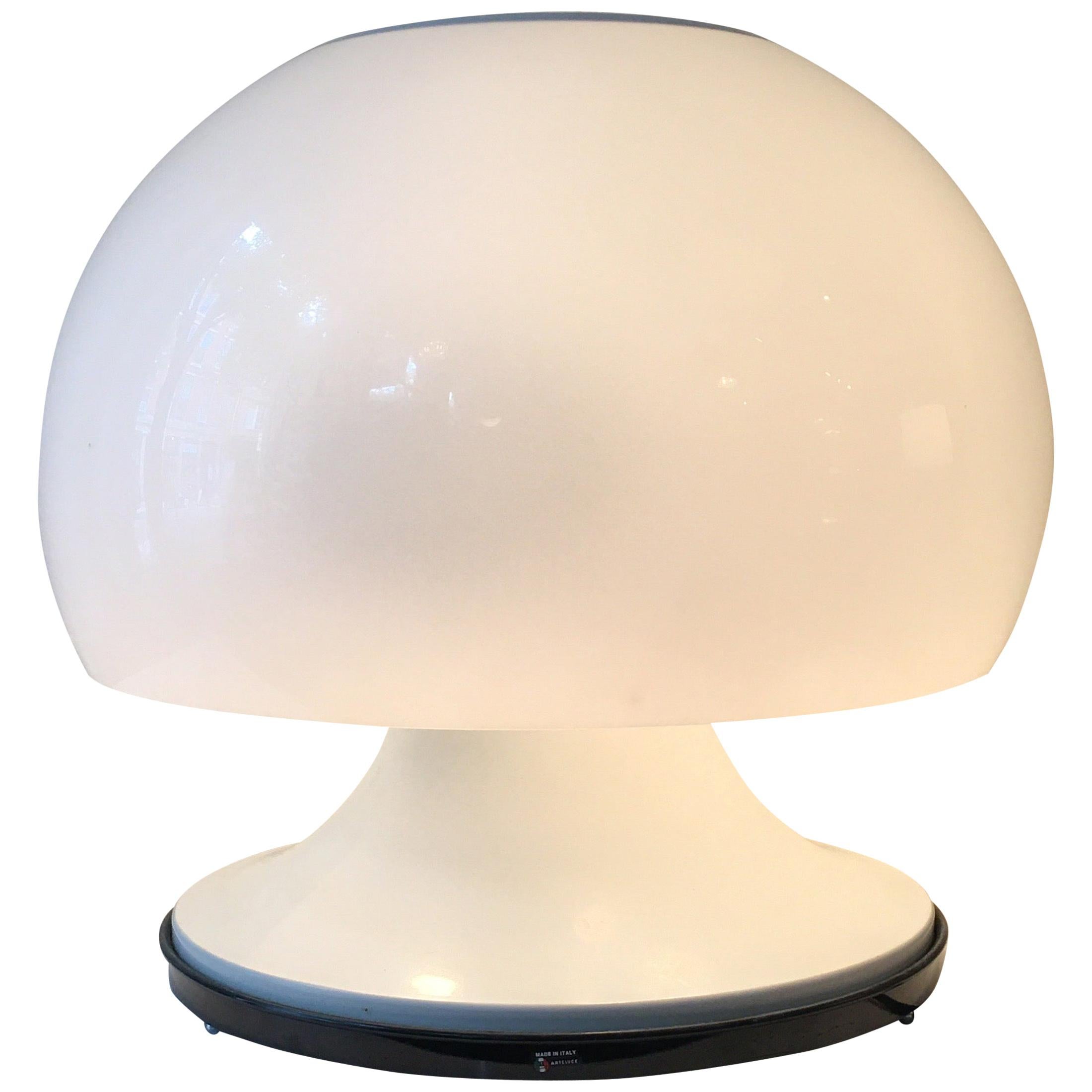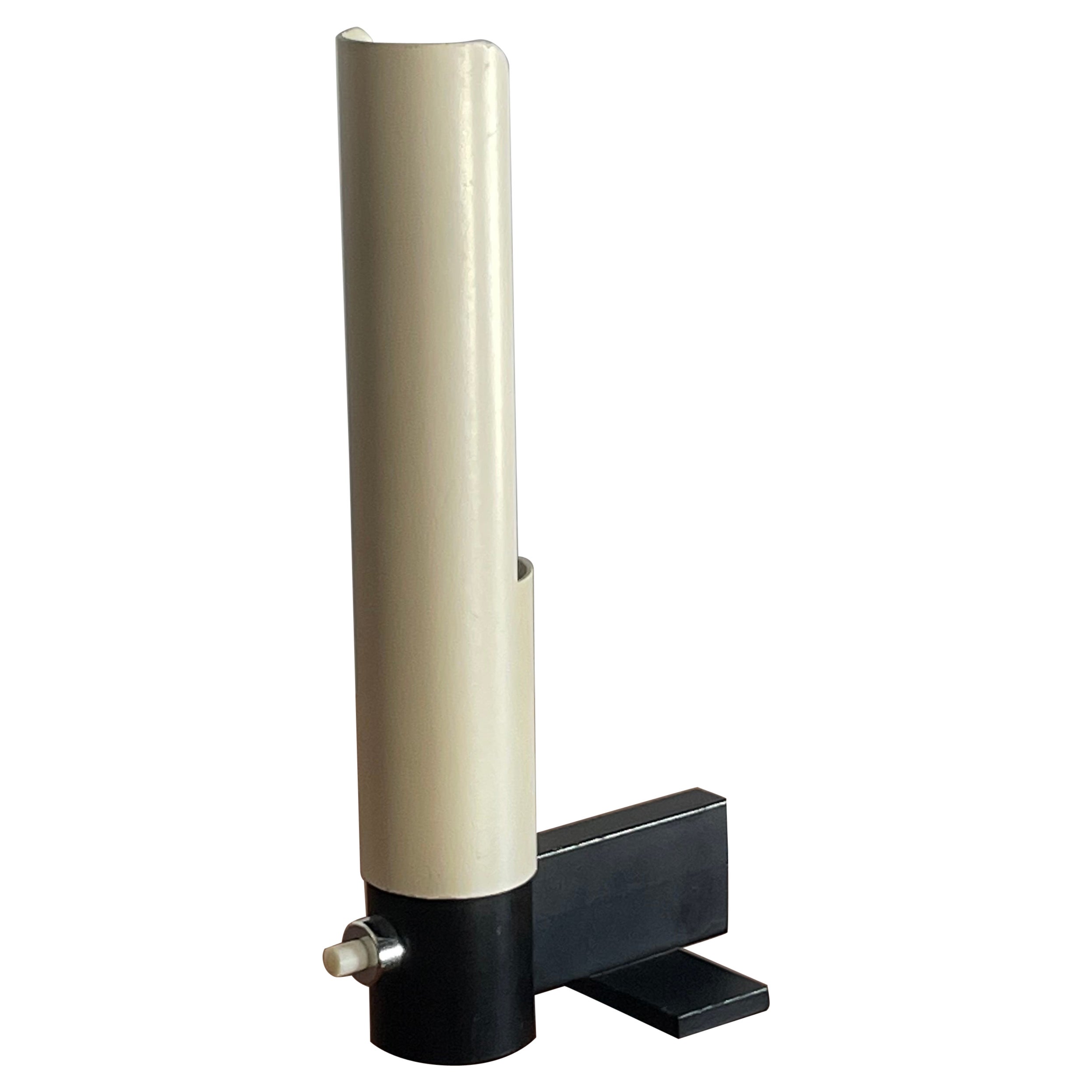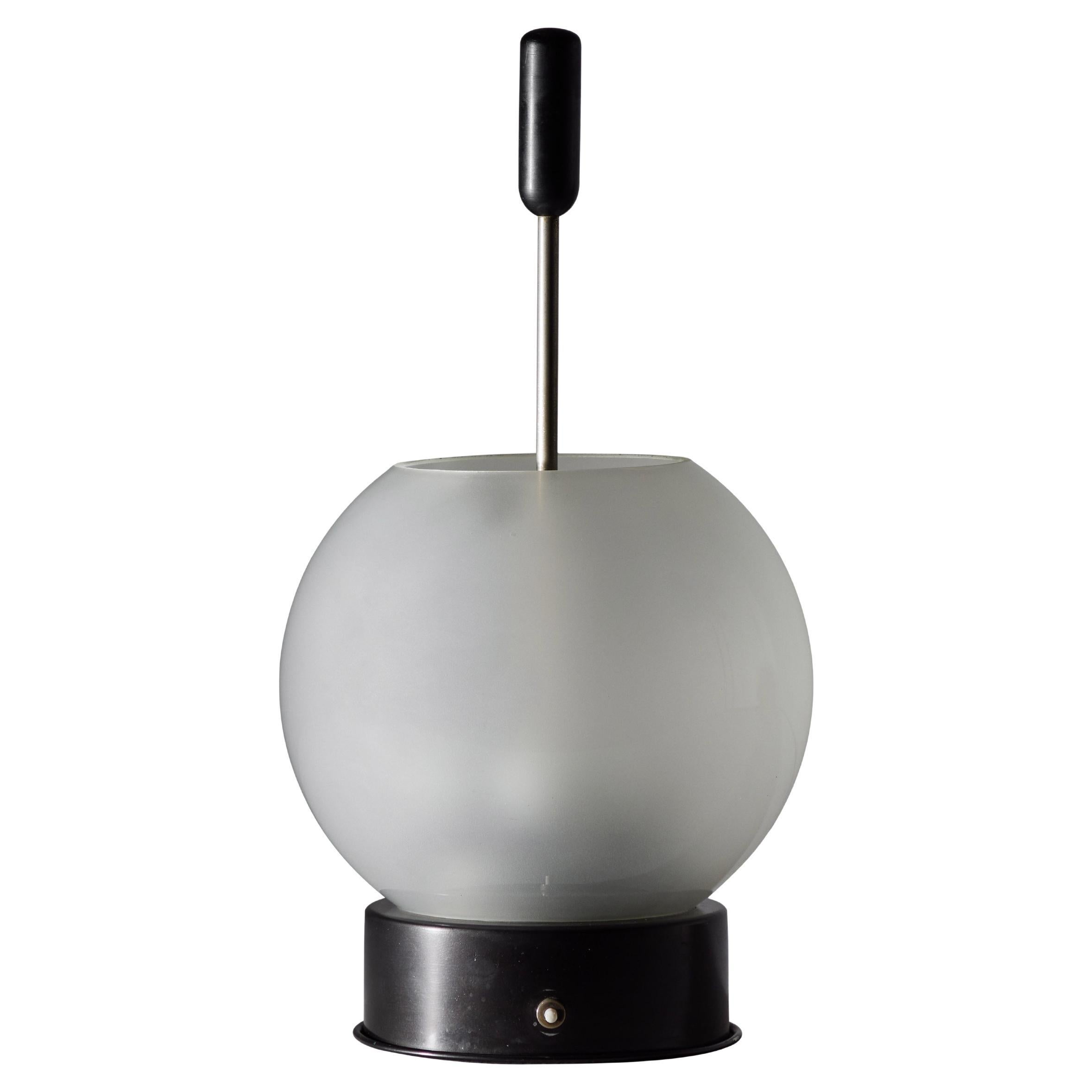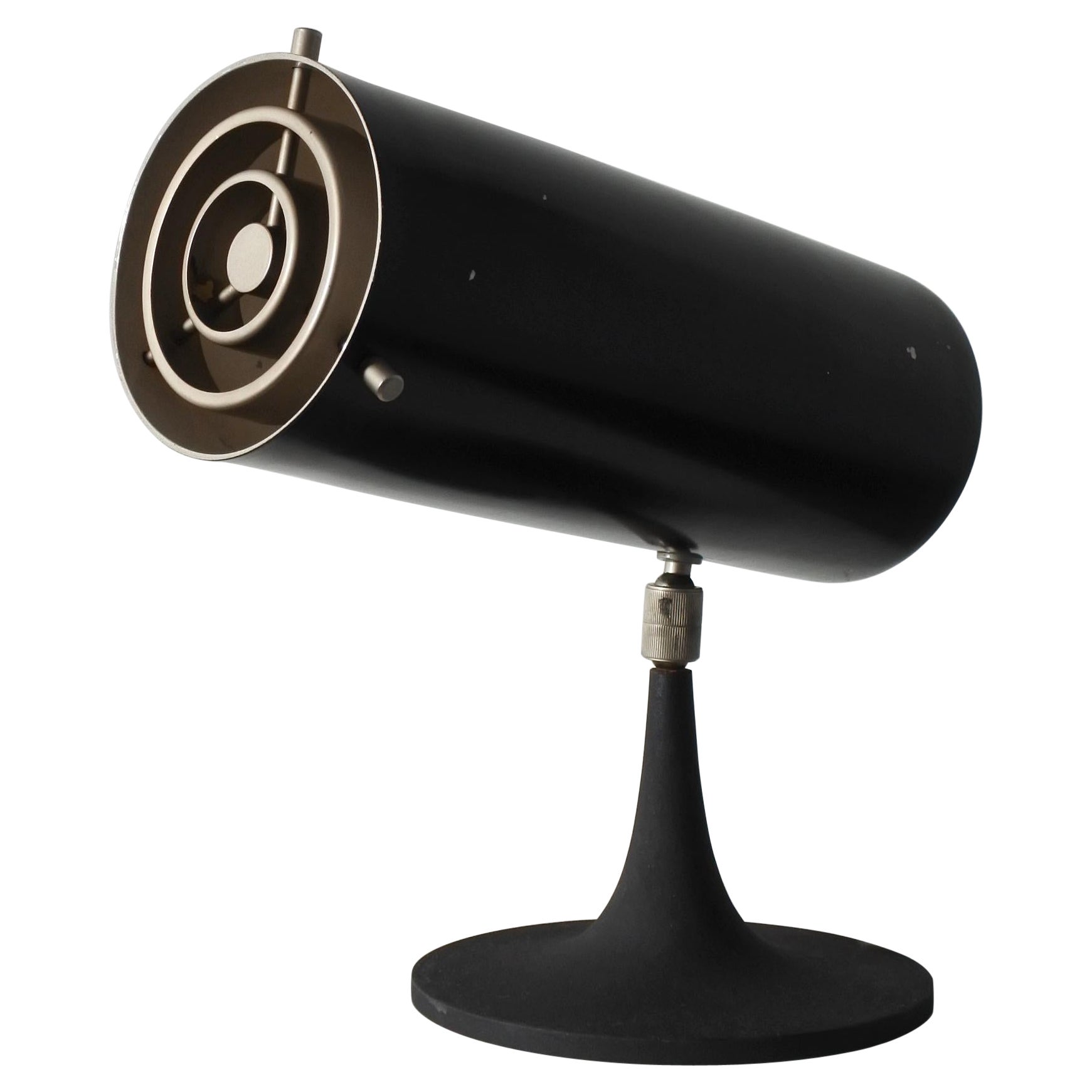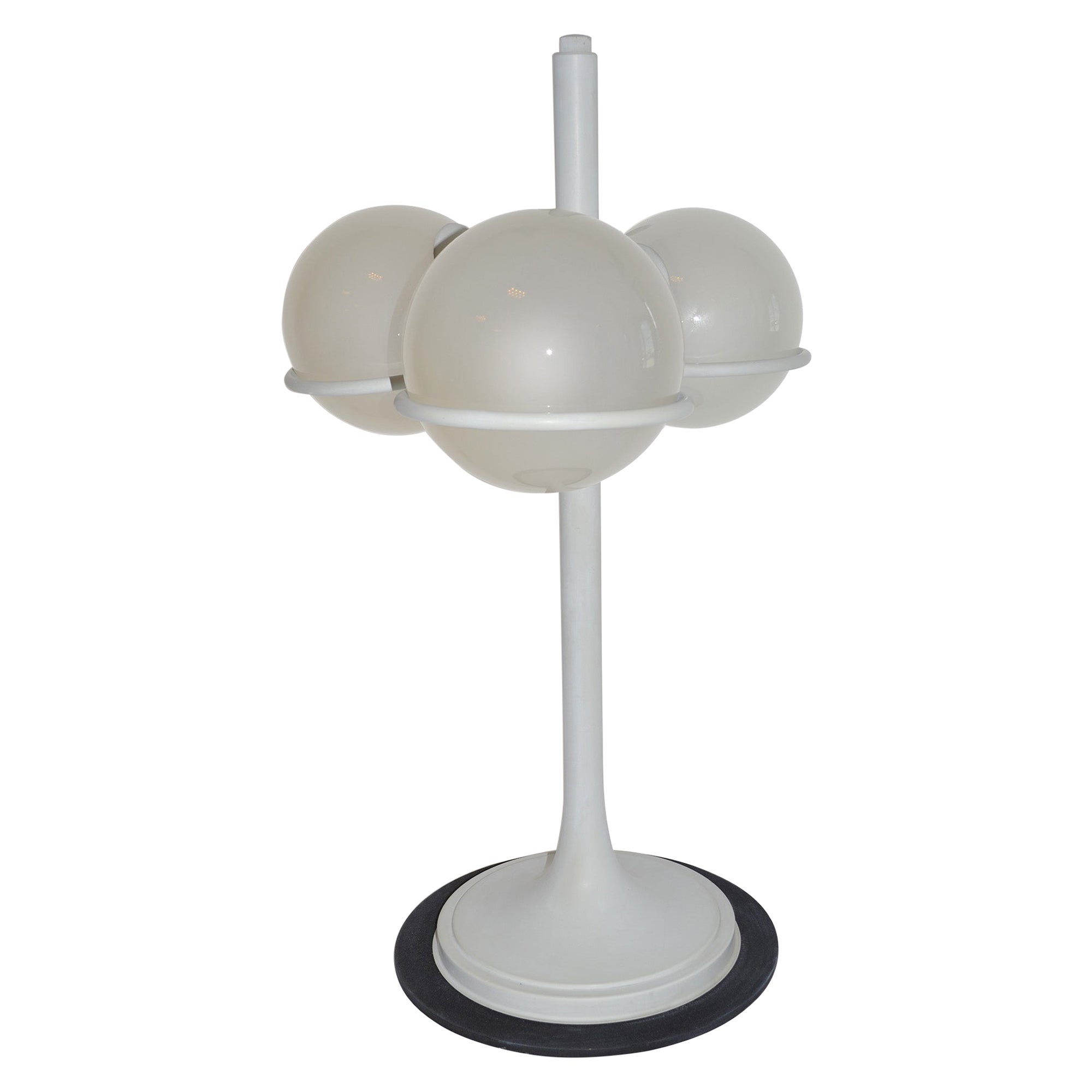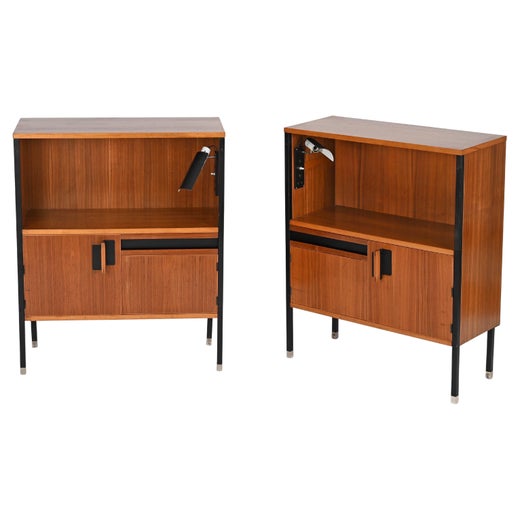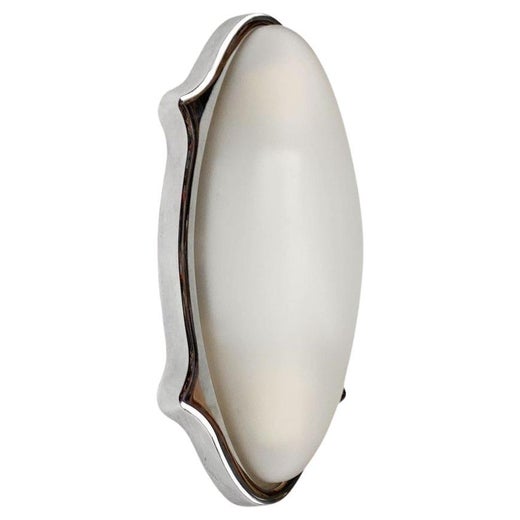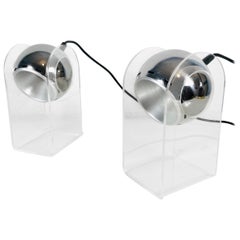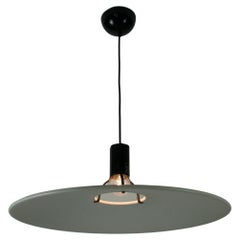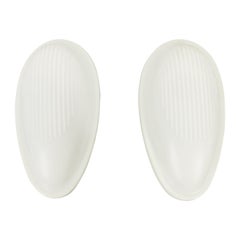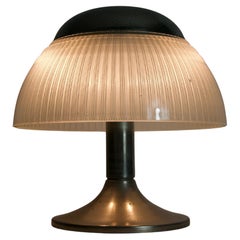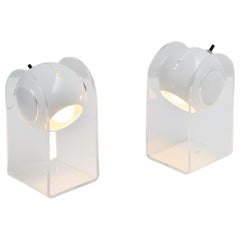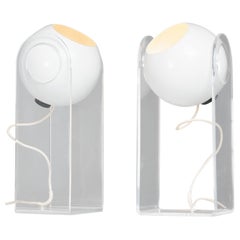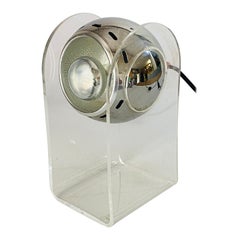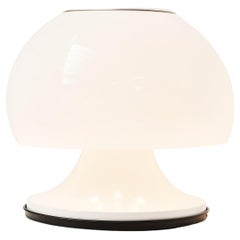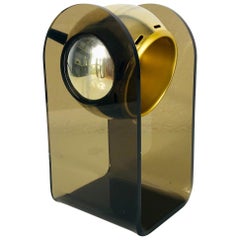
Gino Sarfatti Table Lamp Model 540P for Arteluce, Italy, 1968
View Similar Items
Gino Sarfatti Table Lamp Model 540P for Arteluce, Italy, 1968
About the Item
- Creator:Gino Sarfatti (Designer),Arteluce (Manufacturer)
- Dimensions:Height: 8.67 in (22 cm)Width: 4.73 in (12 cm)Depth: 4.73 in (12 cm)
- Style:Mid-Century Modern (Of the Period)
- Materials and Techniques:
- Place of Origin:
- Period:
- Date of Manufacture:1968
- Condition:Wear consistent with age and use.
- Seller Location:Hagenbach, DE
- Reference Number:1stDibs: LU4755216190972
Gino Sarfatti
That a spiky, futuristic chandelier named “Sputnik,” which was highly suggestive of the Soviet satellite of the same name, designed by an Italian engineer could predate the space age and the satellite’s launch by a few decades is the stuff of legend. But in 1939, Venetian-born Gino Sarfatti channeled his obsession with light and expert engineering skills into a design so bold it predicted the future. He would go on to design around 700 lighting products in his lifetime — each table lamp, wall light, pendant and chandelier superb and unorthodox in shape.
Sarfatti’s singular focus on creating opulent lighting designs that were rational in their use of resources makes him one of the most innovative lighting designers in history. He was studying to be an aeronautical engineer at the University of Genoa when his family’s financial troubles led him to drop out and move to Milan to help. During this time, he built a lamp for a friend using a coffee machine’s electric components and a glass vase. This exercise sparked his fascination with lighting, and he went on to found Arteluce in 1939. What followed was a period of working with skilled artisans and tinkering with materials instead of sketching. The self-taught designer soon established himself as a creator of provocative, sculptural luxury lighting. Through the company, he collaborated with some of the 20th century’s most influential designers, such as Vittoriano Viganò, who worked on Arteluce lighting between 1946 and 1960. In the 1950s and ’70s, Franco Albini, Franca Helg, Ico Parisi and Massimo Vignelli all contributed designs.
Sarfatti used resources mindfully and injected functionality into everything he designed. His light fixtures were lightweight, easy to take apart and reassemble and could be affordably repaired. This marriage of utilitarianism and glamour lent Sarfatti’s designs a clean, minimal yet arresting splendor, based on their graphical forms and construction.
After World War II, Sarfatti embraced new wiring technologies and materials like plexiglass, such as his 1972 project with Carlo Mollino that filled the Teatro Regio in Turin with hundreds of plexiglass pipes. In 1973, Sarfatti sold Arteluce to FLOS. His foresight, invention and fearlessness as a designer are revered to this day.
Find a collection of vintage Gino Sarfatti lighting now on 1stDibs.
Arteluce
The lighting maker Arteluce was one of the companies at the heart of the creative explosion in postwar Italian design. The firm’s founder and guiding spirit, Gino Sarfatti (1912–85), was an incessant technical and stylistic innovator who almost single-handedly reinvented the chandelier as a modernist lighting form.
Sarfatti attended the University of Genoa to study aeronautical engineering but was forced to drop out when his father’s company went out of business. His mechanical instincts led him to turn his attention to lighting design — and he founded Arteluce as a small workshop in Milan in 1939. Sarfatti’s father was a Jew, so the family fled to Switzerland in 1943, but after the war — largely thanks to Sarfatti’s insistence on efficiency of design and manufacture — Arteluce quickly established itself as a top firm.
Though Sarfatti continued as chief designer through the 1950s and ’60s, he also enlisted other designers such as Franco Albini and Massimo Vignelli to contribute work. Sarfatti sold Arteluce to FLOS — a rival Italian lighting maker — in 1973 and retired to pursue a more traditional avocation: collecting and dealing rare postage stamps.
Sarfatti is regarded by many collectors as a pioneer of minimalist design. He pared down his lighting works to their essentials, focusing on practical aspects such as flexibility of use. His most famous light, the 2097 chandelier, is a brilliant example of reductive modernist design, featuring a central cylinder from which branches numerous supporting fixtures extending like spokes on a wheel.
Similarly, Sarfatti's 566 table lamp is a simple canister, able to be raised or lowered on a stem, holding a half-chrome bulb. Despite the marked functionality of his designs, Sarfatti did have a sprightly side: His 534 table lamp, with its cluster of rounded enameled shades, resembles a vase full of flowers, the Sputnik chandelier (model 2003) was inspired by fireworks and the brightly colored plastic disks of the 2072 chandelier look like lollipops. No matter the style, Sarfatti concentrated first and foremost on the character of light created — and any Arteluce lamp is a modernist masterpiece.
Find vintage Arteluce table lamps, chandeliers, floor lamps and other lighting on 1stDibs.
More From This Seller
View AllVintage 1960s Italian Mid-Century Modern Table Lamps
Aluminum
Vintage 1970s Italian Mid-Century Modern Chandeliers and Pendants
Metal
1990s Italian Mid-Century Modern Wall Lights and Sconces
Plastic, Silicone
Vintage 1960s Italian Mid-Century Modern Table Lamps
Metal
Vintage 1960s Italian Mid-Century Modern Table Lamps
Brass
Vintage 1970s Italian Post-Modern Wall Lights and Sconces
Aluminum
You May Also Like
Vintage 1960s Italian Mid-Century Modern Table Lamps
Aluminum
Vintage 1960s Italian Mid-Century Modern Table Lamps
Aluminum
Vintage 1960s Italian Mid-Century Modern Table Lamps
Metal
Vintage 1960s Italian Mid-Century Modern Table Lamps
Aluminum
Vintage 1960s Italian Mid-Century Modern Table Lamps
Aluminum
Vintage 1960s Italian Mid-Century Modern Table Lamps
Metal
